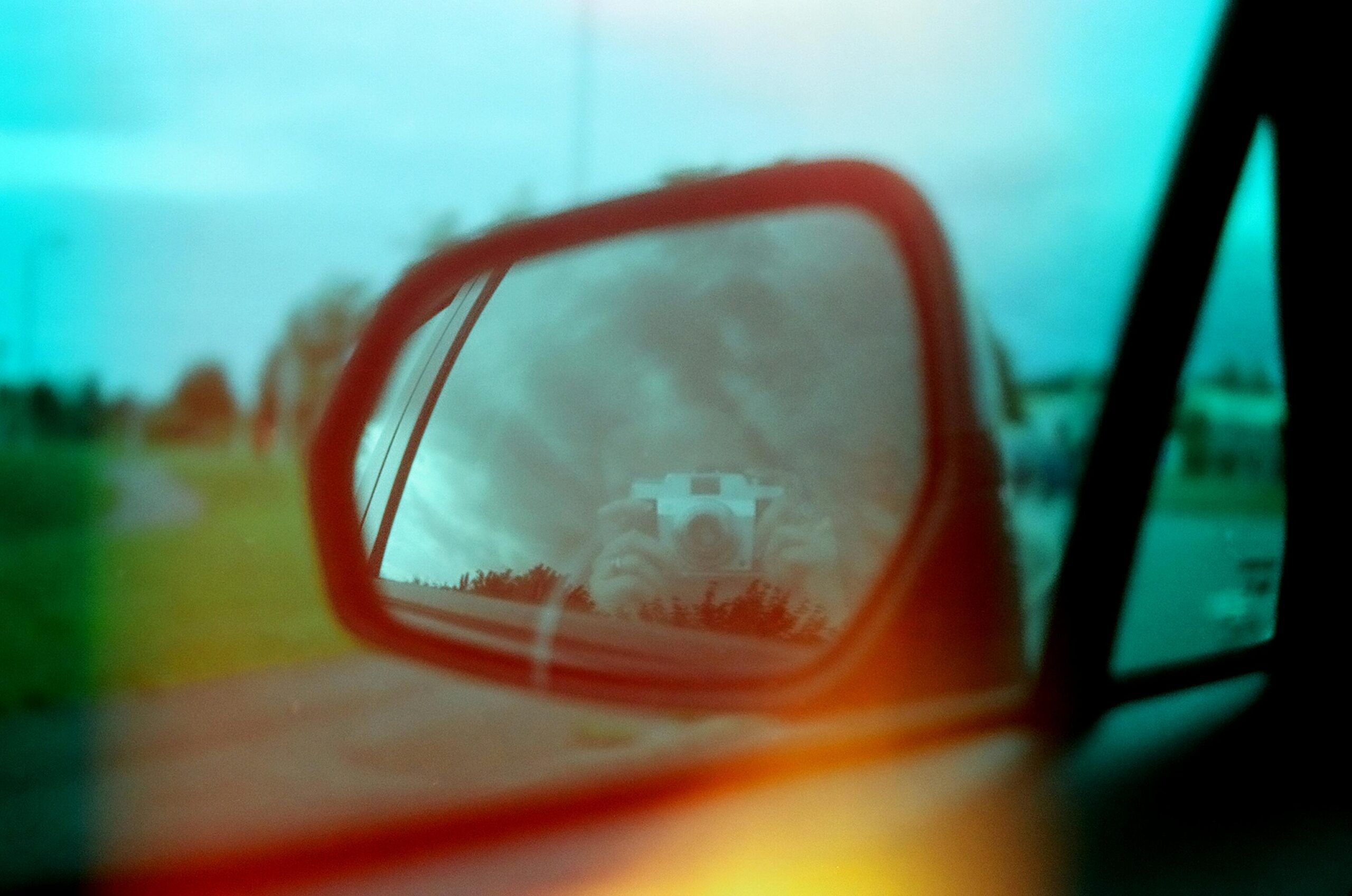Dear friends,
There’s something I’ve been quietly grappling with that I want to share with you. I’d be interested to hear your thoughts whether this makes sense or not.
We live in a world moving faster than ever and that is still accelerating. Powered by technological innovation and driven by an insatiable demand for performance, growth, and efficiency, life and especially work has taken on a relentless pace. Superficially, this seems like progress, right? However, I wonder whether simultaneously we are eroding and losing something in the process.
It appears to me that over time, we’ve organised our societies mainly around work. And in doing so, we’ve gradually designed away the messiness, slowness, and interdependence of being human. We’ve built a world where anything that doesn’t fit neatly into a calendar invite or productivity metric is seen as a problem to be solved — or outsourced. The emergence of concerns about work-life imbalance was a clear indicator that this was an area that needed attention.
Take parenting. At times I can’t help but getting the impression that chidren are actually a problem. Having children has become a logistical challenge. Care responsibilities — once held collectively — are now externalised to daycare, after-school programs, or extended family, so parents can return to work as fully and efficiently as possible. In many households, I have observed that screens have become our most available support system. iPads, streaming services, and mobile phones are used as digital babysitters so adults can focus on tasks, survival, or simply catch their breath.
Research is now showing that excessive screen time in early childhood is associated with developmental delays — and that the disruption of relationships by digital devices is diminishing the emotional availability between parents and children. So, in effect we are raising generations of children in a world where being deeply seen, felt, and mirrored by a present adult is no longer a given.
From my involvement in Operation Education I have learned that our education systems continue this trend. Designed largely to measure cognitive achievement, they reward what can be tested and tracked — literacy, numeracy, and academic output — while neglecting what cannot: emotional intelligence, empathy, ethical reflection, self-knowledge, resilience, curiosity and wonder. We’re raising competent individuals who can perform in an economy, but not necessarily whole humans who can navigate complexity, build relationships, or sustain meaning. The inner world is left underdeveloped.
It strikes me that perhaps we have outsourced almost everything that makes us human:
- Food and nourishment have been industrialised. Home-cooked meals — once a rhythm of care and togetherness — are replaced by takeout, meal kits, and fast food, designed for convenience over connection. Eating has become transactional.
- Caring for our elders, once a multigenerational responsibility, is increasingly handed to underfunded institutions that are struggling to find enough caregivers. The slow, reciprocal process of ageing and caregiving is seen as a burden — not a natural part of community life.
- Movement, too, has been compartmentalised. Unless you are an avid gardener, like long stretches on race bikes or time in the forrest, walking, lifting, stretching — things that used to be woven into daily life — now require gym memberships, tracking devices, artificial targets like 10,000 steps a day and time blocked in the diary.
- Rest has become suspicious (I cannot remember the last time I made a call to a friend or acquiaintance who did not start by explaining how busy they were). Sleep is compressed. Stillness is rarely celebrated. Productivity often lasts well into evenings (particularly when you work different time zones) and weekends, and the pressure to always be reachable means there’s no true “off” anymore.
- Ritual and meaning-making — the practices that once connected us to family, seasons, ancestors, community, or the sacred — are often replaced with self-optimization routines or numbing distractions. Curiously, even spirituality is sometimes repackaged as a performance.
In service of work, we’ve outsourced or sacrificed nearly everything that anchors us in our humanity.

And here’s the paradox that really landed for me: I often thought of these choices, this striving, this optimizing, this achievement, as personal growth, as self-actualisation in Maslow’s pyramid.
And this is the paradox, the treadmill of false self-actualisation: high achievement versus true self. It is the misalignment between my outer form of self-actualisation: productivity, visibility, accolades and my inner essence: authenticity, integration, connection. We appear to be at the top of Maslow’s pyramid, pursuing purpose, recognition, and growth, but it’s driven by external pressures, social comparison, and disconnection from inner truth. And this creates a false summit.
Esteem begins to be derived not from self-worth, but from status symbols and career progression. Self-actualization turns not into inner alignment, but personal branding and curated success stories. This is the source of burnout, disillusionment, and a hollow sense of “accomplishment.”
The way Maslow envisaged self-actualization is not as climbing away from the lower layers, but as being deeply grounded in them while rising. Authentic self-actualization is rooted in wholeness, not abstraction or detachment from life’s foundations.
True self-actualization is in harmony with my body, needs, relationships, values, and last but not least my surroundings — and then I contribute creatively and meaningfully.
Why do I share this insight? I’ve arrived at the conclusion that this overexploitation of self – the accelerating pursuit of more without a strong root system – is the root cause of the imbalances with self, others and the planet. Our bodies suffer, our needs are not met, our relationships suffer. What we call values have become hollow branding tools, while opportunism shapes our behaviour.
I know this, because I’ve lived it. I’ve been “lost in comparison while keeping up appearances.” I’ve experienced how easy it is to confuse external validation with inner truth. To surf the career wave whist constantly measuring myself against peers. To keep performing and producing in order to feel worthy. And my hunch is, I wasn’t not the only one.

This then leads to the obvious question: how do I return to living a truly human life, the way it was supposed to, without being hollowed out by the world I live in?
For me, it starts with remembering what makes us human.
1. Slow down and align with naturalrhythms
Take care of our body: mindful eating of healthy nourishing food, good nights’ sleep, natural movement during the day instead of a sedentary life. Meditation and breathing with intention leading to a more present state. These will strengthen our foundation.
2. Unhook identity from productivity
Stop over-identification with our professional role, our job title, employer or to-do list. We are so much more than our job, our performance, our output. Begin to notice the ways our worth has been tethered to doing — and make space for being. We are human beings (not human doings)!
3. Prioritise relationship
When was the last time we were really present in a dialogue with others? Make a deep connection? Or was it a quick superficial exchange whilst our mind was wondering to the next agenda item, meeting or someplace else? Whether with children, parents, friends, or colleagues — let’s restore the space for intimacy, vulnerability, and care.
4. Redefine self-actualisation
What if being our fullest self included resting more, loving more, listening more, learning more, not just achieving more? What if success included wholeness?
5. Reimagine contribution
Align our gifts with what the world truly needs: restoring harmony, healing, sustainability, justice. Let our work reflect our essence (not just your CV).
To me it felt like a homecoming to self. Not a retreat from the world, quite to the contrary. It is a choice for living fully and showing up authentically, doing what is right.
And as we live more consciously, we don’t need to abandon ambition. In fact, in an age shaped by misinformation, opportunism, and rising isolation, I believe devoting our ambition to truth, integrity, and community is needed. To reimagine ambition not as personal conquest, but as a force for wholeness — in ourselves, our relationships, and the systems we touch.
And yet, I observed that many people and, dare I say ‘leaders’, have forgotten what their deep inner truth even is. Not because it’s gone, but because it’s been buried beneath decades of performance, responsibility, and the need to “keep it all together.” Reconnecting with that deeper truth can feel unsettling and a bit scary; what if that inner work would lead to grater clarity and expose them to some difficult changes?
And I’m full of hope. There is a ‘groundswell’ of an ever increasing number of people who are slowing down and listening deeply, and starting to making changes in their lives. Sometimes the roles, identities, or systems they’ve outgrown fall away — not as a crisis, but as a natural consequence of coming home to themselves.
And I firmly believe this is at the core of the societal shift needed to restore balance with self, others and the planet. If this speaks to something in you, a quiet stirring, a restlessness, a longing you can’t quite name, I’d love to invite you into a conversation.
Please let us know what you think, we would love to hear from you via sendlove at heartwork dot earth.

